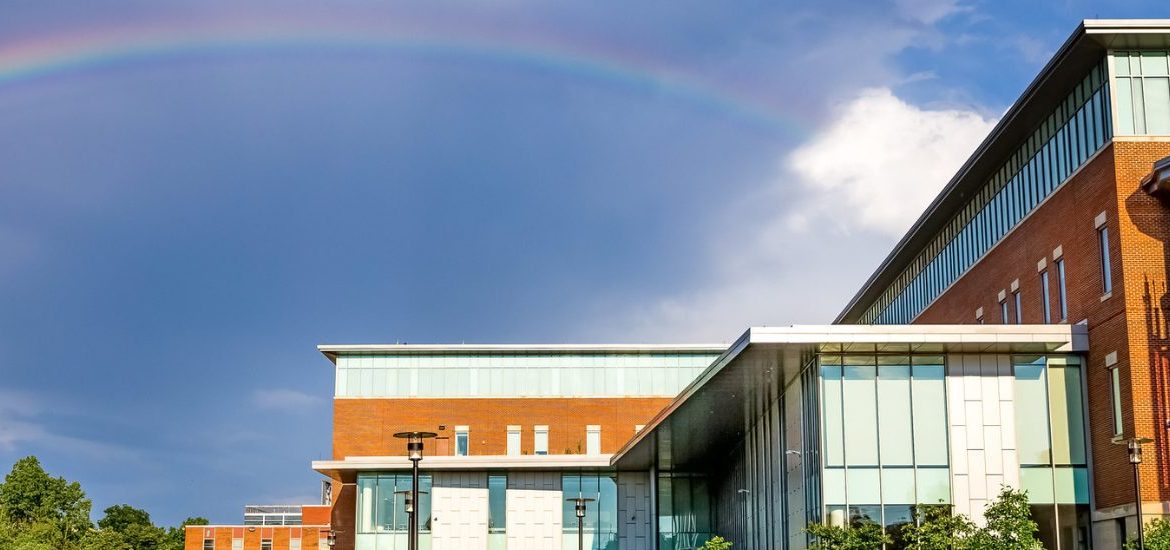Rowan Supports the LGBTQIA+ Community 365 As the first sun rises in the month of June, love is in the air with the beginning of Pride month! With that being said, here are ten ways you can celebrate and support the LGBTQIA+ community throughout the month of June and beyond here at Rowan University. Many […]
PRISM
Finding Identity & Pride at Rowan: Kayden’s Journey

Today, we feature Kayden H. (he/his), a rising junior Writing Arts major. We strive to amplify all student voices, all year-round. To be featured, please contact rowanblog [at] rowan.edu. Kayden discusses how Rowan has helped him to find his new sense of identity and community amongst those on campus. He also goes into how we […]
Undergrad Life: Raymond W. Jr Builds Community

Rising senior Raymond W. Jr. (he/him/his) from Gloucester County, NJ, is a subject-matter history major and double minor in both international studies and political science, and he’s also heavily involved with the inner workings of campus as a leader of change. Today he will share with us his personal journey and contributions to the University […]

